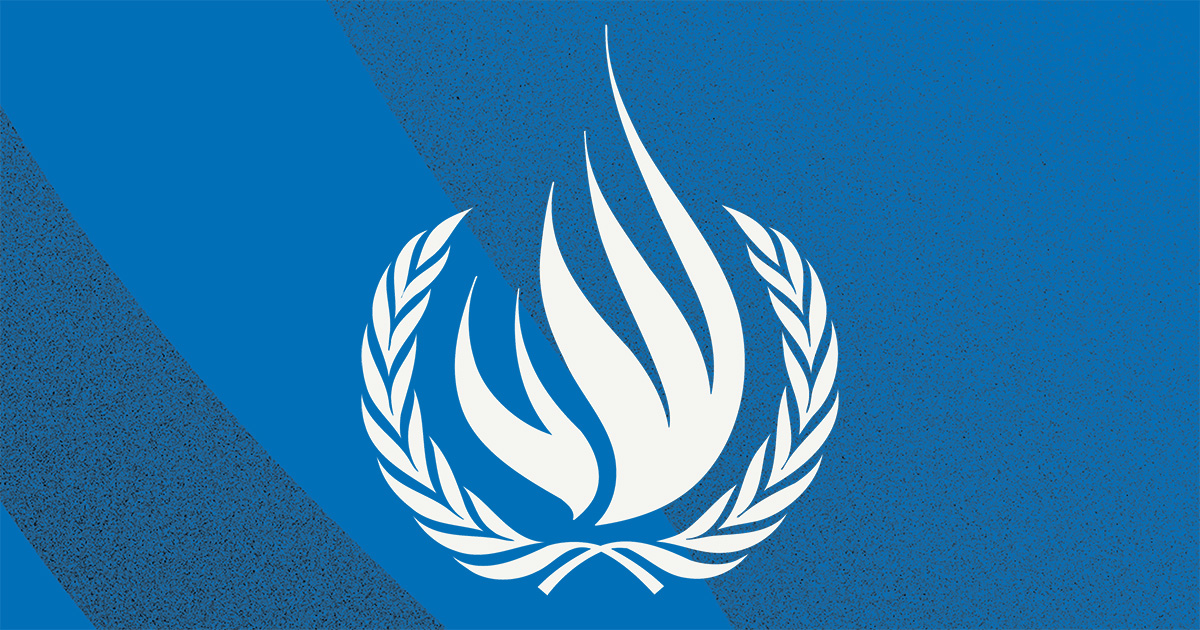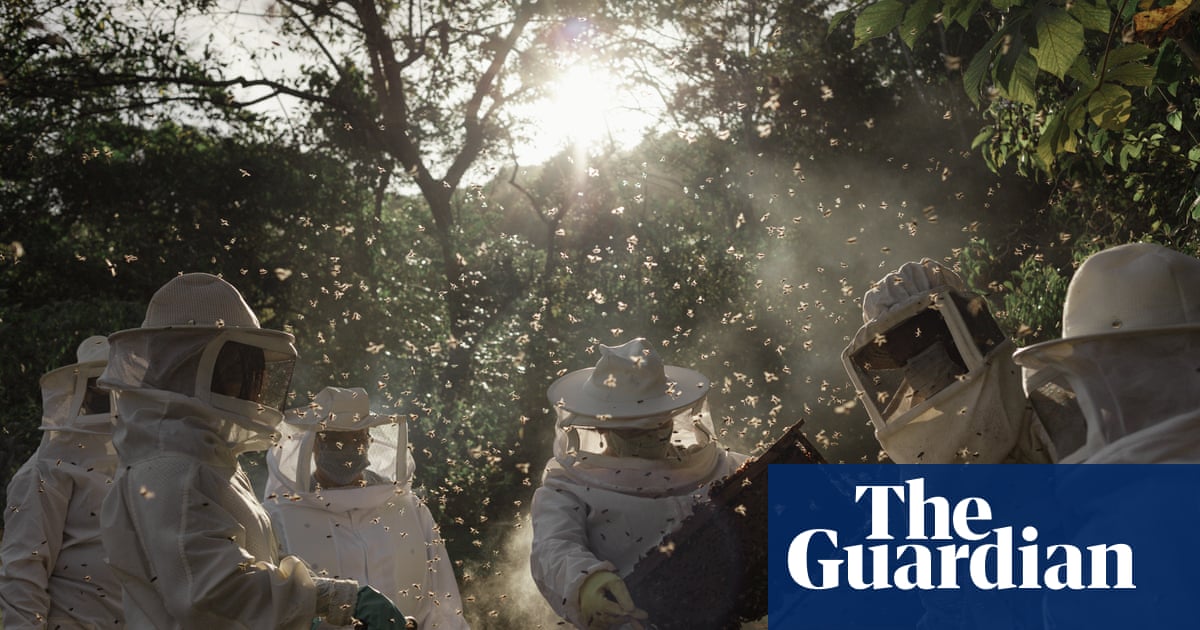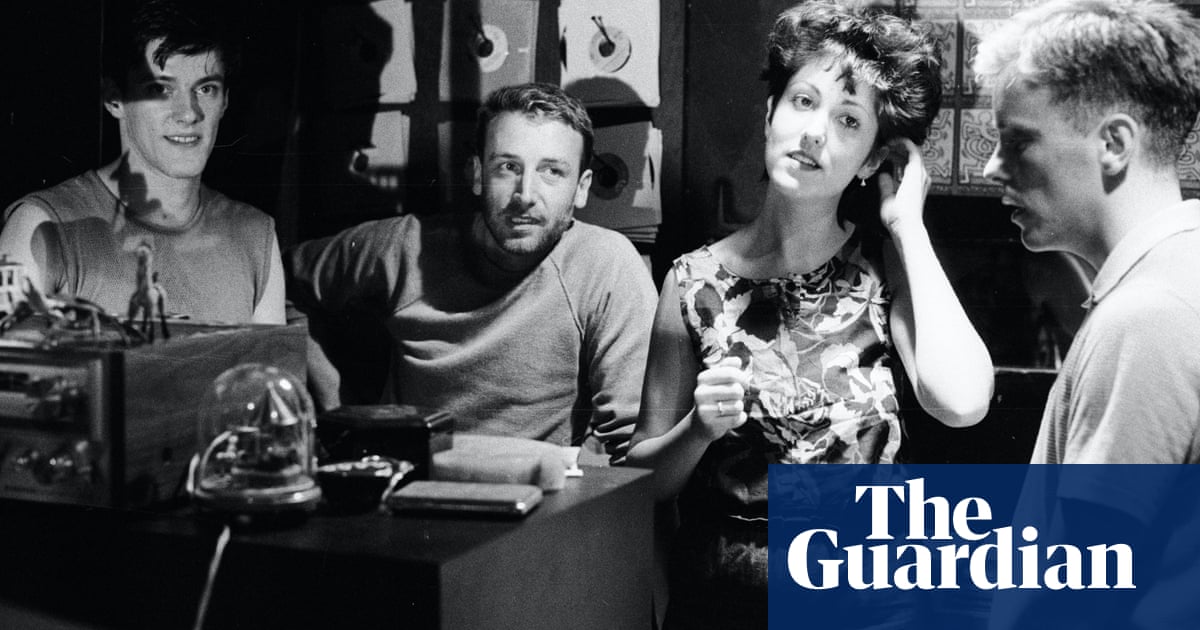
Bethan McKernan on Fidan Ataselim, Turkey
Gender-based violence is not just something I cover at work; it has also deeply affected my life. In 2017, I lost two friends, who were murdered by men. Those experiences reinforced my desire to write about the experiences and perspectives of women in the countries I have covered in the Middle East; highlighting the remarkable strength and resilience of women and girls I have met in the region is a powerful antidote.
Fidan Ataselim in Istanbul is one of these women. She is one of the founders of the Turkish campaign group We Will Stop Femicide, a group of women fighting tooth and nail to bring down Turkey’s shockingly high – and climbing – levels of violence against women.
Turkish civil society faces a climate of repression under President Recep Tayyip Erdoğan’s conservative government. It is increasingly difficult to stage large-scale protests but, despite that, Ataselim organises rallies, lobbies politicians and provides support for victims and their families, which is sorely lacking from the state. Part of her work also involves compiling data on femicide deaths, since Ankara does not keep records.
Basic rights and protections won by Turkish women are increasingly under threat. Last year, the country withdrew from a landmark European legal convention designed to protect victims of male violence and prosecute offenders more effectively over fears that provisions for LGBTQ+ individuals dilute traditional “family values”.
But despite the very real possibility of arrest, imprisonment and death threats, Ataselim keeps going. As she once told me: “More women are demanding their right to work and go to university. The more choices we have, the more intense the backlash gets.”
Bethan McKernan is the Jerusalem correspondent for the Guardian
Sarah Johnson on Sandra Santos, Brazil
After spending three days shadowing Sandra Santos, a healthcare professional who specialises in educating young people about HIV in São Paulo, I was floored by her passion and determination. Santos works at Emilio Ribas hospital, one of the biggest infectious diseases centres in Brazil, and has dedicated her life to helping and empowering young people who live with HIV.
Her job transcends the hospital walls; when I was there in January 2020, she was helping a group of patients, who had contracted the virus from their mothers, to set up their own organisation to educate others about HIV. She was also negotiating access into some of the city’s favelas to reach the most vulnerable people, who often have limited access to health services.
It was clear that those she helped were more than patients to her; she told me that, one year, 17 people she had worked with died and how hard it was to go from a funeral to a birthday party.
She is tough, but also sensitive and incredibly caring. I really admire her strength and resolve. It was only on the last day when we were saying our goodbyes that she broke down in tears, revealing a little of the toll of working with a group of people who are so often forgotten and maligned by society.
Sarah Johnson is a Global Development reporter for the Guardian
Angela Giuffrida on Debora Porrà, Italy
I have come across so many fantastic women in Italy while doing my job, from chefs and politicians to doctors and professors, it is difficult to choose one who has inspired me the most. But someone who made an impact over the last year is Debora Porrà, the mayor of Villamassargia, a town in southern Sardinia. Porrà, in her second term of office, is among a group of female mayors in Sardinia who campaign for women’s rights – and who put their words into action.
I first interviewed her for a story about Italy’s declining birthrate. Her town has one of the lowest birthrates in the country, and she told me how the group had managed to delay the closure of the maternity unit in the province’s only hospital – in Italy there has to be 500 births a year at a hospital for funding to be maintained. They were also fighting for women to get access to pain-free births, as provision of epidural pain relief is not common in Sardinia.
I kept in touch with Porrà and asked if she could recommend somewhere to stay when I visited Sardinia for work last summer. I was surprised, and obviously overjoyed, to be lined up with a place by the beach, and then invited to celebrate her birthday at a lunch with family and friends. Porrà is not only an inspiration and passionate about improving lives, but one of the kindest people I’ve met in Italy.
Angela Giuffrida is the Guardian’s Rome correspondent
Rebecca Ratcliffe on Kyal Sin, known as Angel, Myanmar
On 3 March 2021, Kyal Sin, known as Angel, joined a demonstration against Myanmar’s military junta on the streets of Mandalay, the country’s second-largest city. She wore a black, oversized T-shirt that read: “Everything will be OK.”
It was about a month after the military had seized power, and security forces were using increasingly deadly violence against protesters. She was aware of the dangers she might face. Beforehand, she had shared details of her blood group on Facebook, as well as an emergency contact and a request for her organs to be donated.
She was shot dead when police opened fire.
Kyal Sin was a talented and caring 19-year-old. She was skilled at taekwondo, a gifted dancer and quick-witted. A friend who protested alongside her told Reuters at the time that she had kicked open a water pipe at the rally, so that others could rinse teargas from their eyes.
A photograph of her at the rally that day – crouching forward, a pair of goggles slung around her neck to protect from teargas – was shared widely online, along with the words: “Everything will be OK.” Her image was immortalised in protest artwork.
She is one of many young women who have risked violence, and even given their lives, to fight for democracy. Other young women have joined the People’s Defence Force and other armed groups, taking up arms to protect their communities against military violence and to fight for justice in Myanmar.
The military has only become more brutal in its use of violence against the public, but she remains a symbol of courage and defiance.
Rebecca Ratcliffe is the Guardian’s south-east Asia correspondent
Weronika Strzyżyńska on Krystyna Kacpura, Poland
Abortion has never been fully accessible in Poland during my lifetime. I was born five years after the initial restrictions were introduced in 1992, and grew up in a family where, as earnest Catholics, we would tear up at the mention of the “murdered unborn”.
Being viscerally aware of the chokehold that anti-choice rhetoric has had on Polish society, the work of Krystyna Kacpura, a veteran of the Polish feminist movement, is particularly close to my heart.
Kacpura has been involved in the movement from the very beginning. She was one of the first employees of the Federation for Women and Family Planning, which was set up in 1991. Abortion was still legally available on demand then, but it was clear that in the new Poland those rights were not a given. And as politicians and clergy discussed the “appropriate” limits of reproductive health, women’s voices were not heard or taken seriously.
But despite the series of setbacks that Polish women have experienced over the last three decades, Kacupura has worked tirelessly. Today, she is still taking phone calls from desperate women, offering them level-headed and clear advice that they will often not hear from their doctor. Her decades of work have laid the foundations for Poland’s feminist protest movement of today.
Weronika Strzyżyńska is a Guardian reporter
Febriana Firdaus on Eva Bande, Indonesia
As one of only a few female journalists investigating human rights and environmental issues in my country, I often ask myself: how long can I survive? Indonesia is experiencing devastating environmental destruction. As a female journalist, I also face gender discrimination and have to fight ideas that women belong in the kitchen, that women cannot lead.
I was considering giving up my job until I met Eva Bande. I was interviewing her for a documentary I was making. Bande has risen to lead social movements, including a group of farmers resisting a giant palm-oil plantation, owned by a powerful local elite. She has faced violence and imprisonment.
It is unusual to see a female leader and her spirit uplifted me. I witnessed her open a meeting with a group of farmers and saw that a woman can be a leader and a guardian of the forest. It was a turning point in my life. I wanted to be like her some day but, in my version, being an editor and leading a group of reporters to investigate environmental stories. It is a dream I am still working towards.
Febriana Firdaus is an independent investigative journalist based in Indonesia
Ruth Michaelson on Loujain al-Hathloul, Saudi Arabia
At the same time Saudi Arabia was pushing to vastly expand the small number of women in the workplace in 2018, it was also detaining a group of feminist activists who had demanded many of the very changes they were implementing.
One of them was Loujain al-Hathloul. Her only crime was spearheading a campaign for Saudi Arabian women to be allowed to drive. Hathloul put herself on the line, regularly and defiantly, for women who simply wanted the freedom to make basic choices about their own lives, including being able to drive a car without fear of arrest.
She remained in prison until February last year, long enough that the kingdom had lessened or removed many of the restrictions on women that she had campaigned against. The ban on women driving in Saudi Arabia was lifted just a month after her arrest.
Hathloul’s prolonged detention – during which she testified she was tortured – was less about women driving, now commonplace in Saudi Arabia, but because she spoke out. Today, she remains banned from travelling outside the country for her activism, and banned from speaking to the media.
Hathloul’s inspiring influence on Saudi women, as well as feminists worldwide, is clear, which is why her words and work represent a lasting threat. The block on Hathloul speaking publicly is designed to prevent her from demanding more for the women of Saudi Arabia – because in the end, she will succeed.
Ruth Michaelson is a reporter based in Istanbul
Zeinab Mohammed Salih on Awadiya Mahmoud Koko, Sudan
Many Sudanese women are an inspiration to me, but I want to highlight Awadiya Mahmoud Koko, a tea seller who became a trade union leader, overcoming many obstacles in her personal life and work to do so.
As a young girl, Koko fled war in South Kordofan, her birthplace, to live in the capital, Khartoum, where she worked as a tea lady, a job traditionally done by women who fled the war in Darfur and the Nuba mountains. She faced enormous discrimination in the city due to where she came from.
She has been arrested many times. Under the former president Omar al-Bashir, tea sellers were regularly harassed and arrested under public order laws. But she never gave up and went on to help form the first union for female tea sellers – a bold thing to do under Bashir’s government. She was heavily involved in the 2019 protests that led to his downfall.
I think of Koko whenever things look bleak or I think about giving up working as a journalist. Sudan places many restrictions on women from working-class backgrounds. She inspires many women here, especially those who come from the periphery of society, who look at her and believe that, one day, their hard work could be recognised.
Ashifa Kassam on Nilofar Bayat, Afghanistan and Spain
For years, Afghanistan’s female national wheelchair basketball team crisscrossed the globe, becoming a potent symbol of how women’s lives had been transformed in the country. But in August, as the Taliban swiftly retook power, silence descended on their home basketball court in the hills of Kabul.
The team’s captain, Nilofar Bayat, scrambled to leave the country. “There were so many videos of me playing basketball. I had been active in calling for women’s rights and the rights of women with disabilities,” the 28-year-old told me in August. “If the Taliban found out all of this about me, I knew they would kill me.”
Bayat and her husband, Ramesh Naik, were offered places on a wheelchair basketball team in the northern Spanish city of Bilbao. Six months on, they continue to grapple with the immense task of rebuilding their lives; there are daily Spanish lessons, endless amounts of bureaucracy to wade through and new teammates to gel with.
Even so, Bayat’s focus remains on the women of Afghanistan. A trained lawyer, she is now working to create an association, Free Women for Afghanistan, with the aim of providing support and international advocacy for women in Afghanistan, particularly those with disabilities.
Despite fears that her family in Afghanistan could become targets, Bayat has sought to give voice to the women the Taliban is seeking to erase, speaking to anyone who will listen about the situation on the ground. “People are forgetting the women and children who are the main victims of the war in Afghanistan,” she says.
Ashifa Kassam is the Guardian’s former Spain and Canada correspondent












